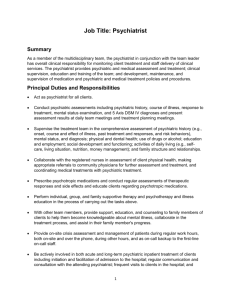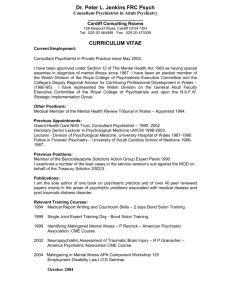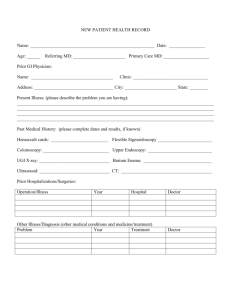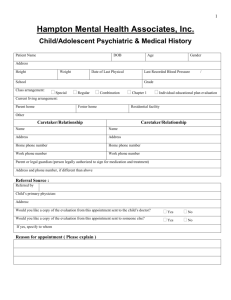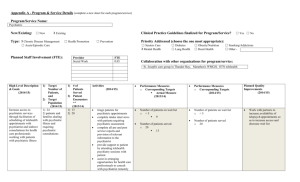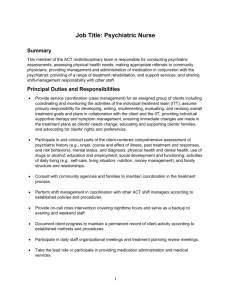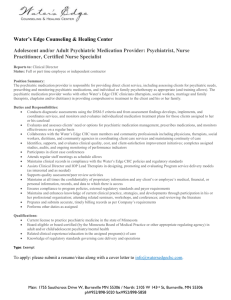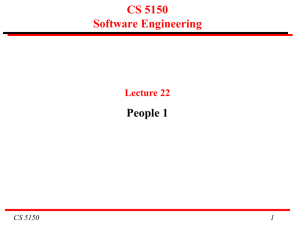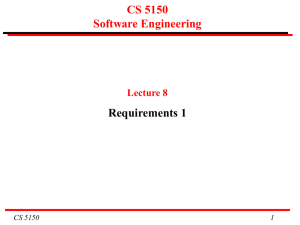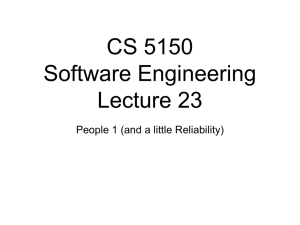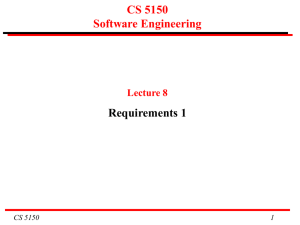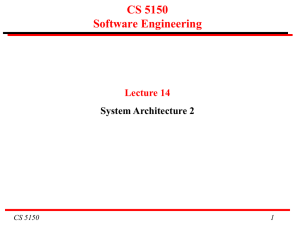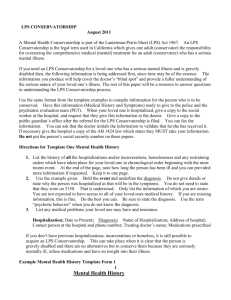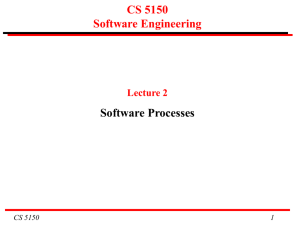Behavioral Health FAQs - California Hospital Association
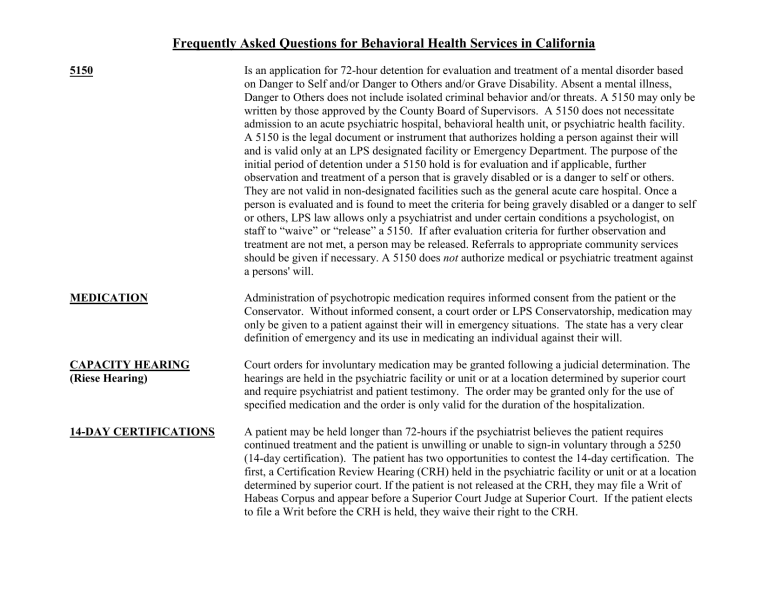
5150
MEDICATION
Frequently Asked Questions for Behavioral Health Services in California
Is an application for 72-hour detention for evaluation and treatment of a mental disorder based on Danger to Self and/or Danger to Others and/or Grave Disability. Absent a mental illness,
Danger to Others does not include isolated criminal behavior and/or threats. A 5150 may only be written by those approved by the County Board of Supervisors. A 5150 does not necessitate admission to an acute psychiatric hospital, behavioral health unit, or psychiatric health facility.
A 5150 is the legal document or instrument that authorizes holding a person against their will and is valid only at an LPS designated facility or Emergency Department. The purpose of the initial period of detention under a 5150 hold is for evaluation and if applicable, further observation and treatment of a person that is gravely disabled or is a danger to self or others.
They are not valid in non-designated facilities such as the general acute care hospital. Once a person is evaluated and is found to meet the criteria for being gravely disabled or a danger to self or others, LPS law allows only a psychiatrist and under certain conditions a psychologist, on staff to “waive” or “release” a 5150. If after evaluation criteria for further observation and treatment are not met, a person may be released. Referrals to appropriate community services should be given if necessary. A 5150 does not authorize medical or psychiatric treatment against a persons' will.
CAPACITY HEARING
(Riese Hearing)
14-DAY CERTIFICATIONS
Administration of psychotropic medication requires informed consent from the patient or the
Conservator. Without informed consent, a court order or LPS Conservatorship, medication may only be given to a patient against their will in emergency situations. The state has a very clear definition of emergency and its use in medicating an individual against their will.
Court orders for involuntary medication may be granted following a judicial determination. The hearings are held in the psychiatric facility or unit or at a location determined by superior court and require psychiatrist and patient testimony. The order may be granted only for the use of specified medication and the order is only valid for the duration of the hospitalization.
A patient may be held longer than 72-hours if the psychiatrist believes the patient requires continued treatment and the patient is unwilling or unable to sign-in voluntary through a 5250
(14-day certification). The patient has two opportunities to contest the 14-day certification. The first, a Certification Review Hearing (CRH) held in the psychiatric facility or unit or at a location determined by superior court. If the patient is not released at the CRH, they may file a Writ of
Habeas Corpus and appear before a Superior Court Judge at Superior Court. If the patient elects to file a Writ before the CRH is held, they waive their right to the CRH.
LPS CONSERVATORSHIP
COMPETENCY
CRISIS STABILIZATION
PERVASIVE
DEVELOPMENTAL
DISORDERS,
AND OBS
LIMITATIONS OF
If a patient needs long-term treatment, the psychiatrist may file a request for a Temporary
30-Day LPS Conservatorship (T-Con). LPS Conservatorships only apply to those with mental illness and only apply to Grave Disability. LPS Conservatorships may not be used for Danger to
Self and/or Danger to Others who do not also meet the requirement of Grave Disability. LPS
Conservatorships may not be used for dementia or head injury. LPS conservatorships are NOT for the intention of (to "force") medical (non-psychiatric) treatment. The Public Guardian for the
County must accept the application for conservatorship, and the letters of conservatorship must be signed by the Superior Court.
Competency is not the same as capacity. Only a superior court judge can determine competency for psychiatric and medical decision-making. Psychiatrists do not determine competency. In
California, state law presumes you to be competent regardless of whether you have been evaluated or treated for a mental disorder as a voluntary or involuntary patient.
Where available, Crisis Stabilization is period of time (23-hours) from the time a patient arrives at a facility or unit to determine to admit or release a patient. Patients are placed on this status to assess for alternatives to acute hospitalization.
Pervasive Developmental Disorders such as Mental Retardation, Down Syndrome, and Autism
Disorder Spectrum and OBS (organic brain syndrome) require specialized treatment on specialized units. Many psychiatric hospitals and units do not have the capability to provide the appropriate level of care needed.
Many psychiatric hospitals and units do not have the capability to treat certain medical conditions. Examples of these are:
Chronic dialysis that is provided outside of service area
IV treatments including control lines or PICC in place
Stage III or IV pressure ulcers
Overdoses in which there is a risk of delayed complications
Respiratory isolation
Cardiac or respiratory monitoring
Oxygen dependent
NG tube feedings
COMPLIANCE WITH Centers for Medicare and Medicaid (CMS), and the California Department of Public Health
REGULATORY AGENCIES (CDPH), provide regulatory oversight and enforcement for hospital based and other licensed providers of mental health services. These regulatory guidelines are found in the California
Welfare and Institutions Codes, and Title 22. Additional reporting to the California Department of Justice and local law enforcement agencies is required as directed by regulation and statute.
The Joint Commission (TJC) provides accreditation to many hospitals and clinics as well as some programs and providers. Accreditation standards are closely aligned with federal statutes.
CONFIDENTIALITY Healthcare information is private and confidentiality laws, including HIPAA are adhered to.
Due to being a psychiatric hospital with mental health records, SJBHC has an even stricter standard of confidentiality to adhere to. Patients have a right to have their presence denied, as well as to choose who may visit and with who details of their treatment may be shared. Patients may change their status throughout a hospitalization, and a release while hospitalized is only valid during that hospitalization.
PATIENT COMPLAINTS The vast majority of complaints center on involuntary detention and medication. The State of
California mandates a Patient’s Right Advocate be available to the patient. The Advocate responds to patient complaints, investigates those complaints and works with patients and staff to resolve the complaint. The Patient’s Rights Advocate also represents patients at Medication
Capacity Hearings as well as Certification Review Hearings. Additionally, the Patient’s Rights
Advocate may monitor appropriate use of denial of rights, including seclusion and restraint usage.
PATIENT’S RIGHTS
All patients are entitled to a Handbook of Rights. There are circumstances in which a patient’s right may be denied, but only after less restrictive measures have proven unsuccessful, only when there is good cause, and only with a physician’s order and the proper documentation.
Additionally, every effort is made to restore the individual’s rights as soon as possible. An example would be the right to be free from seclusion or restraint. Additionally, patients have the right to treatment . Patient's illnesses sometimes prevent them from obtaining appropriate treatment for themselves; so by way of involuntary hospitalization and judicial hearings, physicians and staff may help them to exercise their right to receive appropriate treatment, thus resulting in a collaborative pursuit of wellness. Psychiatric advance directives do not preclude or prevent a practitioner from providing appropriate treatment in emergency situations or when a patient is incapable of collaborating with the physician to determine the most appropriate type of treatment but does not refuse treatment.
CRIMINAL PROSECUTION Situations may arise in which activities of a criminal nature take place in a locked Psychiatric facility or psychiatric unit of a hospital. In most cases local law enforcement is called to investigate the crime. Patients may be charged with crimes and at times, arrested and taken to jail. Careful consideration is given as to the nature of the criminal activity by law enforcement.
The assumption that an individual cannot be prosecuted for a crime while being treated in an inpatient psychiatric unit is false.
TREATMENT TEAM A Treatment Team according to regulation should consist of a Licensed Independent
Practitioner/ Psychiatrist, a Social Worker, and an RN. Occupational Therapists, Dietitians
Mental Health Workers and support staff may also be a part of the Treatment Team.
Psychiatrists should meet with patients daily, and be available by phone 24-hours a day. The treatment team may work in collaboration with internal clinicians as well as out-patient clinicians.
OUT-PATIENT
TREATMENT
Out-patient programs may include partial hospitalization, intensive outpatient programs, continued improvement and maintenance of good mental and emotional health.
. individual and group therapy. These programs are offered by some providers with the goal of

